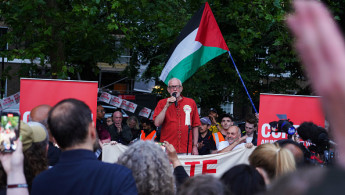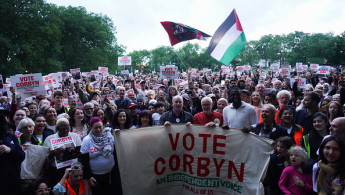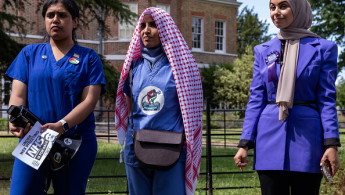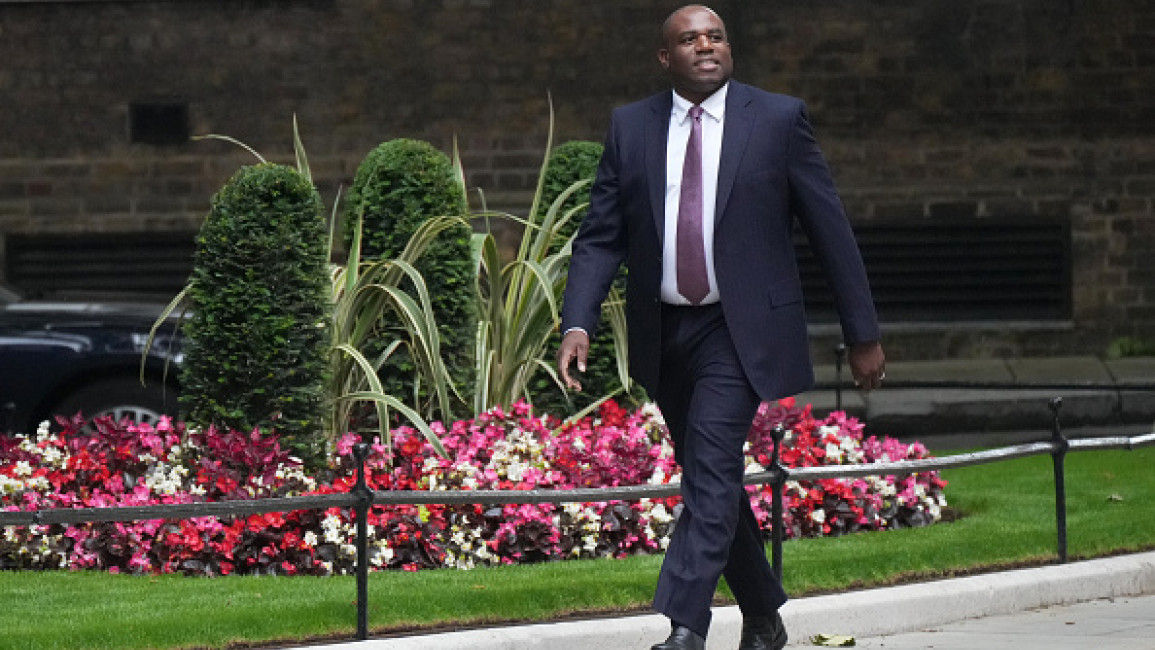Israel said Friday that "gaps" remained with Hamas on how to secure a Gaza ceasefire and hostage release deal but that it will send a delegation for fresh talks with Qatari mediators next week.
The statement from Prime Minister Benjamin Netanyahu's spokesman came after a delegation led by the head of Israel's Mossad intelligence agency, David Barnea, held a first round of talks with mediators in Doha on Friday.
"It was agreed that next week Israeli negotiators will travel to Doha to continue the talks. There are still gaps between the parties," the spokesman said in a statement.
There has been no truce in the nine-month-old war in Gaza since a one-week pause in November saw 80 Israeli captives freed in return for 240 Palestinians held in Israeli prisons.
The United States, which has worked alongside Qatar and Egypt in trying to broker a deal, had talked up the significance of Netanyahu's decision to send a delegation to Qatar.
The United States believes Israel and Hamas have a "pretty significant opening" to reach an agreement, a senior official said.
US President Joe Biden announced a pathway to a truce deal in May that he said had been proposed by Israel. It included an initial six-week truce, Israeli withdrawal from Gaza population centres and the freeing of hostages by Palestinian militants.
Talks subsequently stalled but the US official said on Thursday that the new proposal from Hamas "moves the process forward and may provide the basis for closing the deal," though "significant work" remained.
Senior Hamas official Osama Hamdan told AFP that new ideas from the group had been "conveyed by the mediators to the American side, which welcomed them and passed them on to the Israeli side. Now the ball is in the Israeli court."
Hamdan blamed Israel for the deadlock since Biden's announcement and said the Doha talks "will be a test for the US administration to see if it is willing to pressure the Zionist entity to accept these proposed ideas".
Israel's indiscriminate war has killed over 38,000 people, uprooted 90 percent of Gaza's population, destroyed much of the territory's housing and other infrastructure, and left almost 500,000 people enduring "catastrophic" hunger, UN agencies say.














 Follow the Middle East's top stories in English at The New Arab on Google News
Follow the Middle East's top stories in English at The New Arab on Google News

![A group of Palestinians, foreign and Israeli activists gather to participated in an olive picking event on the land in the town of Battir, which is under threat of confiscation by Israel in Bethlehem, occupied West Bank on 8 November 2024. [Getty]](/sites/default/files/styles/image_330x185/public/2182930803.jpeg?h=199d8c1f&itok=__0LgGsa)
